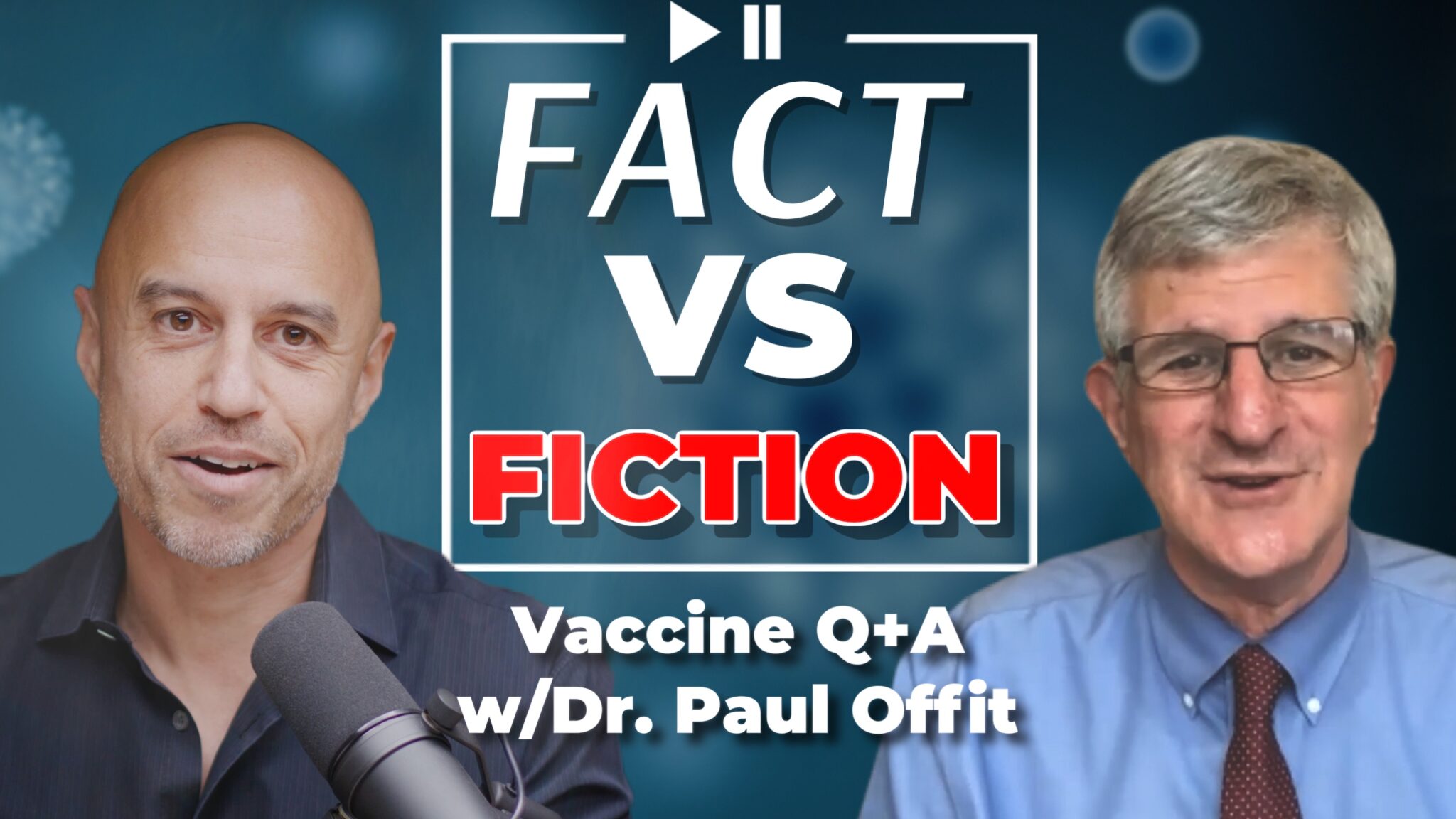The irony of this is that it is in large part describing you.And what's your actual complaints about the paper?
To me, at least—someone who’s served as an editor at seven different journals, and editor in chief at two—the recent spate of decisions to bypass traditional peer review gives the lie to a pair of myths that researchers have encouraged the public to believe for years: First, that peer-reviewed journals publish only trustworthy science; and second, that trustworthy science is published only in peer-reviewed journals.
Peer-Reviewed Scientific Journals Don't Really Do Their Job
The rapid sharing of pandemic research shows there is a better way to filter good science from bad.www.wired.com
Science used to be paywalled behind journal subscriptions or paper copies in specialised libraries: the public had limited access and next to no awareness of scientific literature at all. It was only with the advent of the internet and a move from pay to access to pay to publish that allowed this sort of communication between science and public. A problem with the desire to get information out there, and when it is flawed, its misinterpretation by people unable to tell good from bad: the latter being much of what we have been telling you is your problem. Over the last two years you have trumpetted numerous papers that have ended up retracted, and scientists that have been discredited. Nowhere have you expressed any humility: you're just blaming someone else (whilst, bizarrely, also pretending you weren't wrong).
Okay. Where's the RCT that smoking causes cancer? Where's the RCT that HIV virus causes AIDS?Show me a RCT that masks work.
We don't need RCTs to tell us things. RCTs are the highest standard of study, but we can also demonstrate things to a high standard without them. You've retreated to bleating about RCTs because it's an intellectually fraudulent way to fob off the weight of evidence supporting mask usage as effective. And you're only doing that because of a ridiculous refusal to admit being wrong.
The question is stupid on numerous levels.The guidelines have been wrong for 50+ years.
1) The circumstance of an anecdote told to me by my dad about one of his dead colleagues incredibly obviously precludes my ability to interrogate his dead colleague's diet in any meaningful detail.
2) The guidelines since 1980 or so have been flawed mostly over one specific issue (favouring fat reduction rather than sugar), but in many other respects were pretty good. However, this flaw led to problems that may have drawn people to higher risk of obesity and diabetes. From the given anecdote, it is obvious the colleague was neither obese nor (implicitly) diabetic.
3) Genetic predisposition to disease and illness is a thing.


